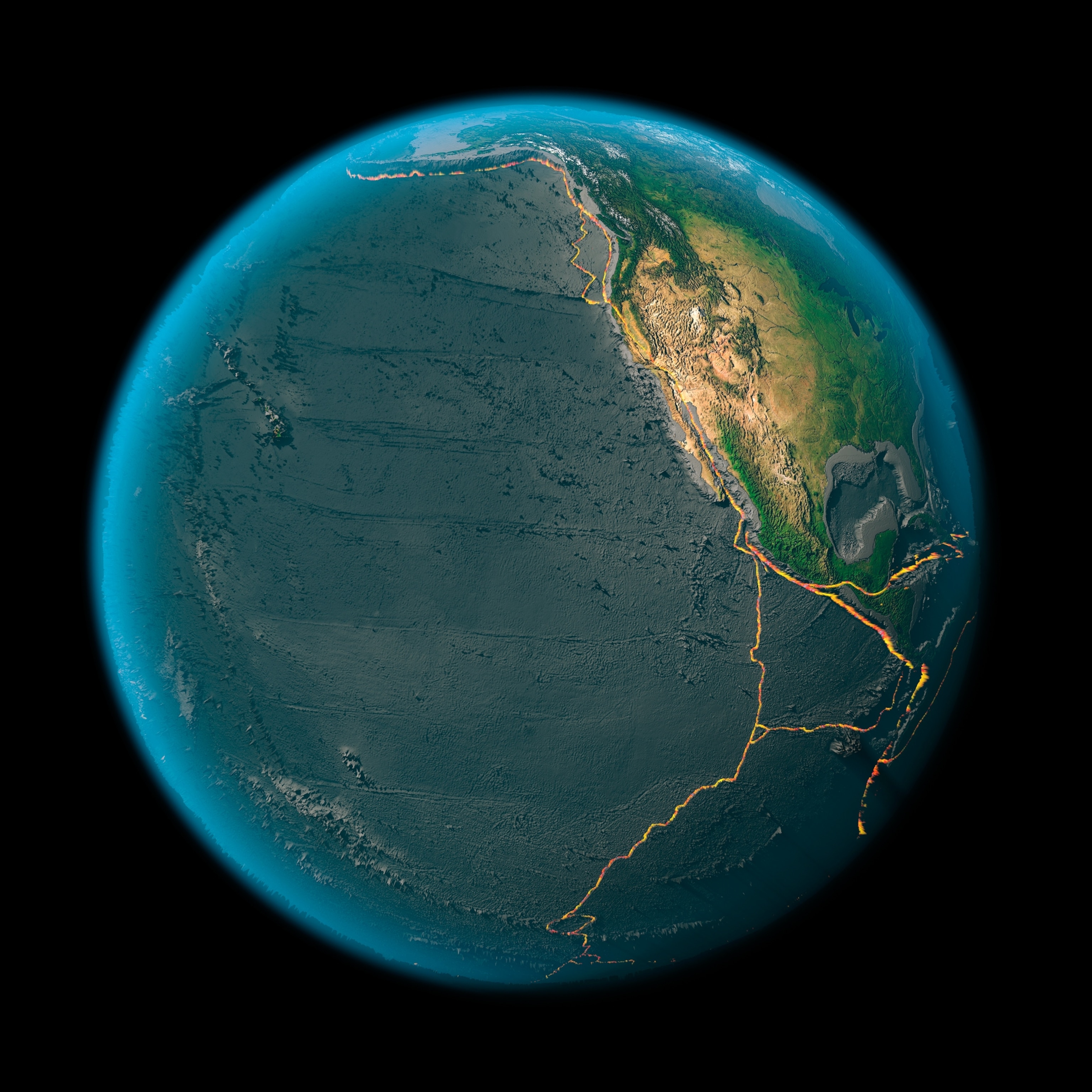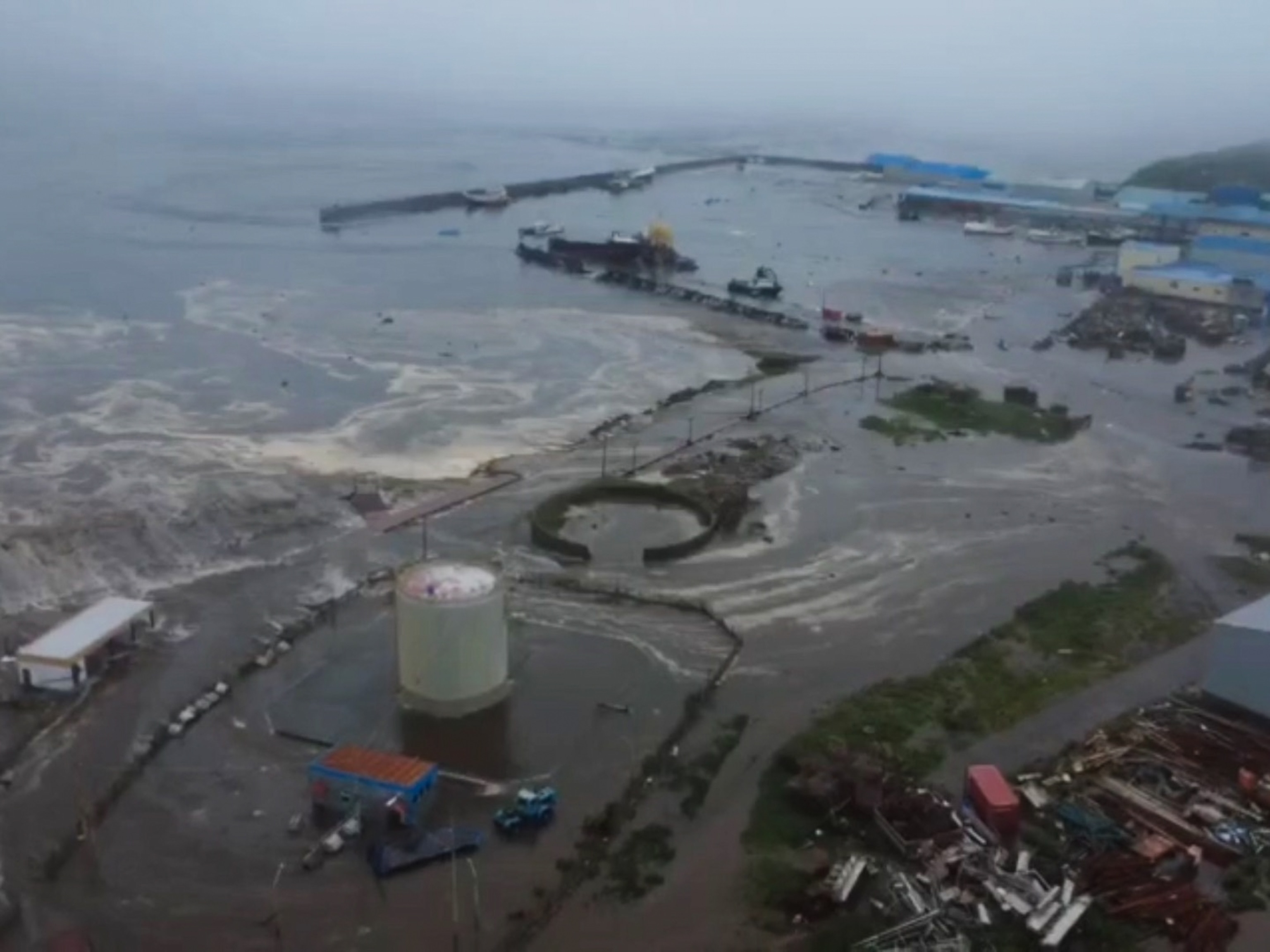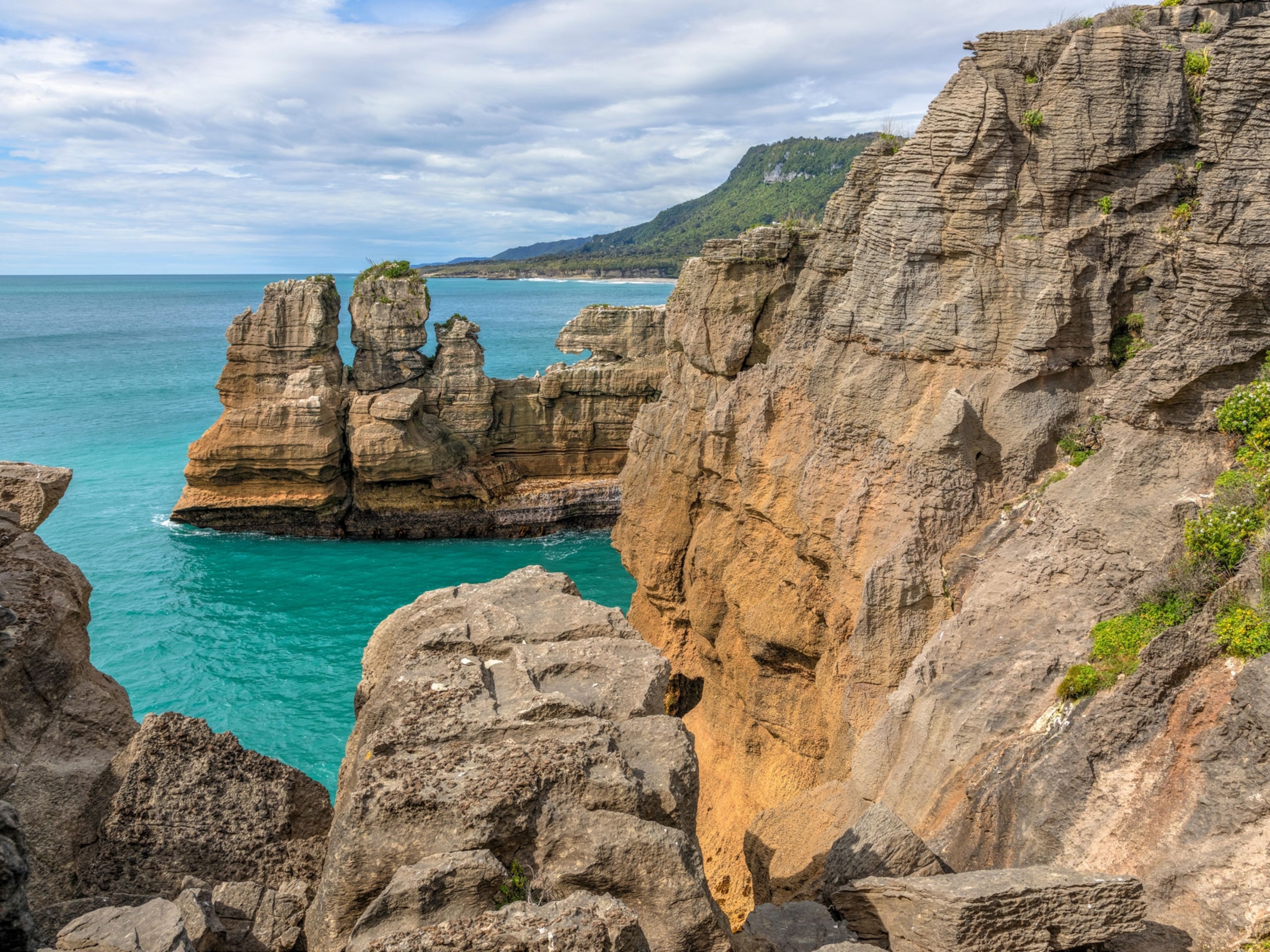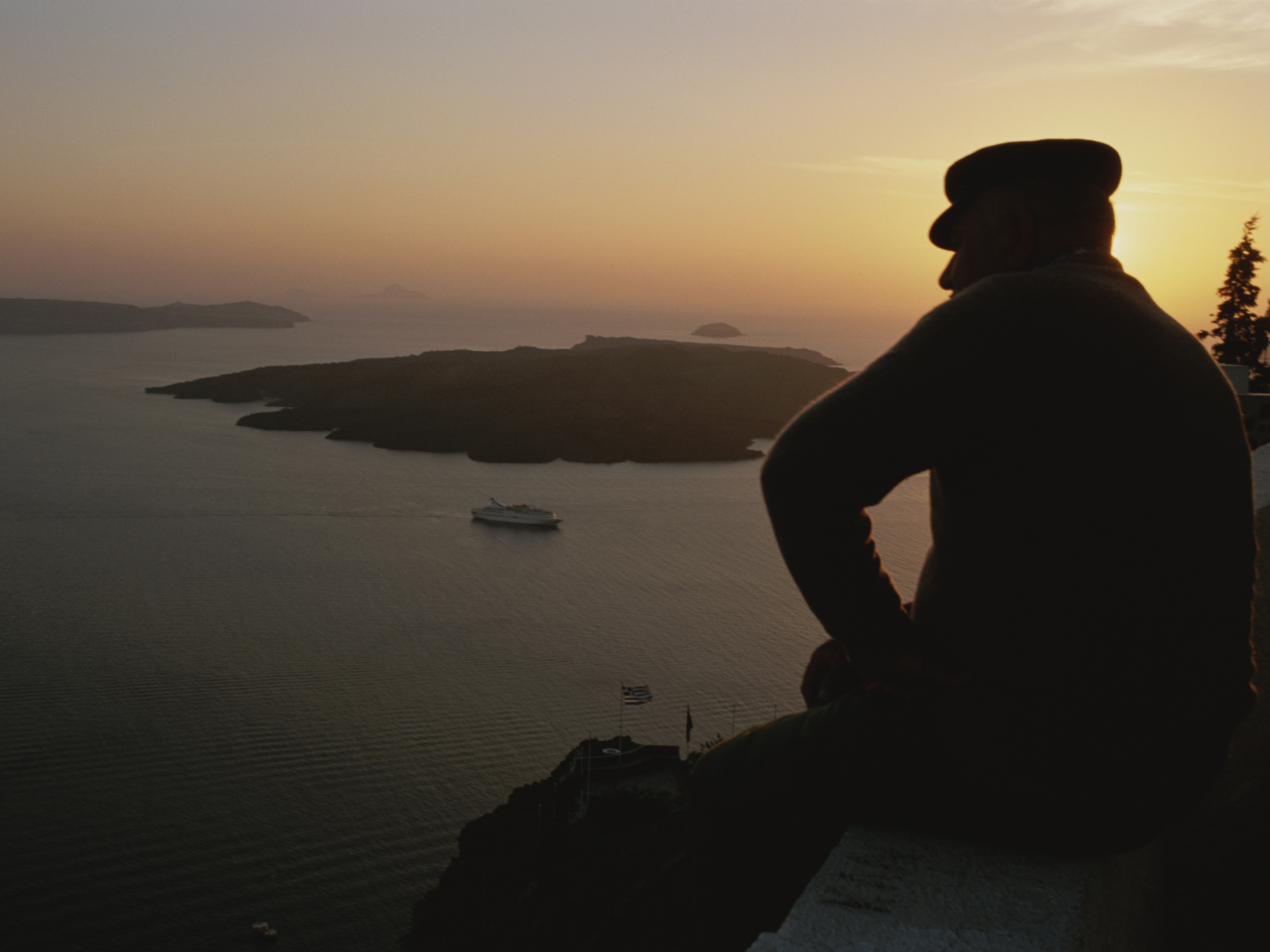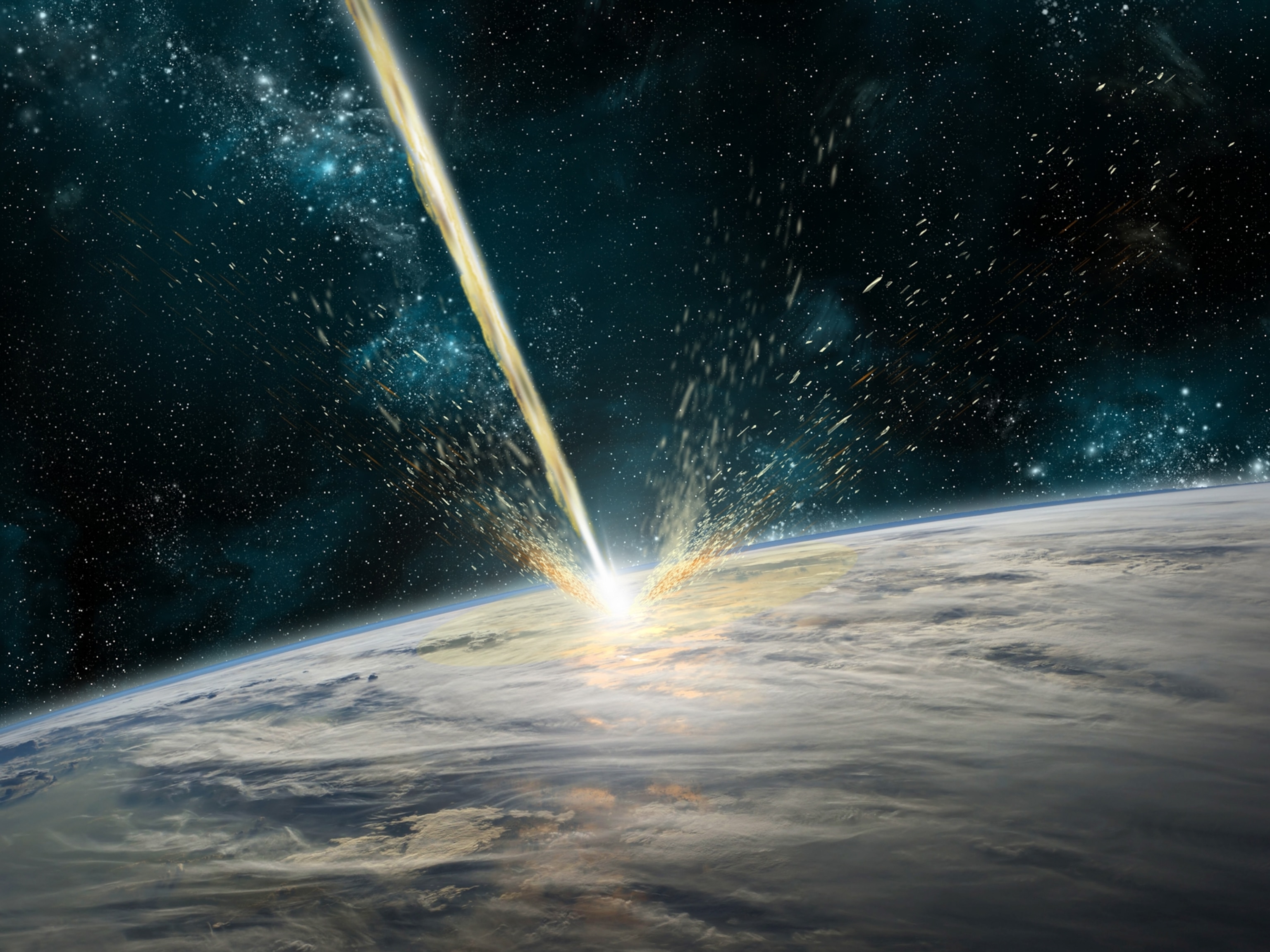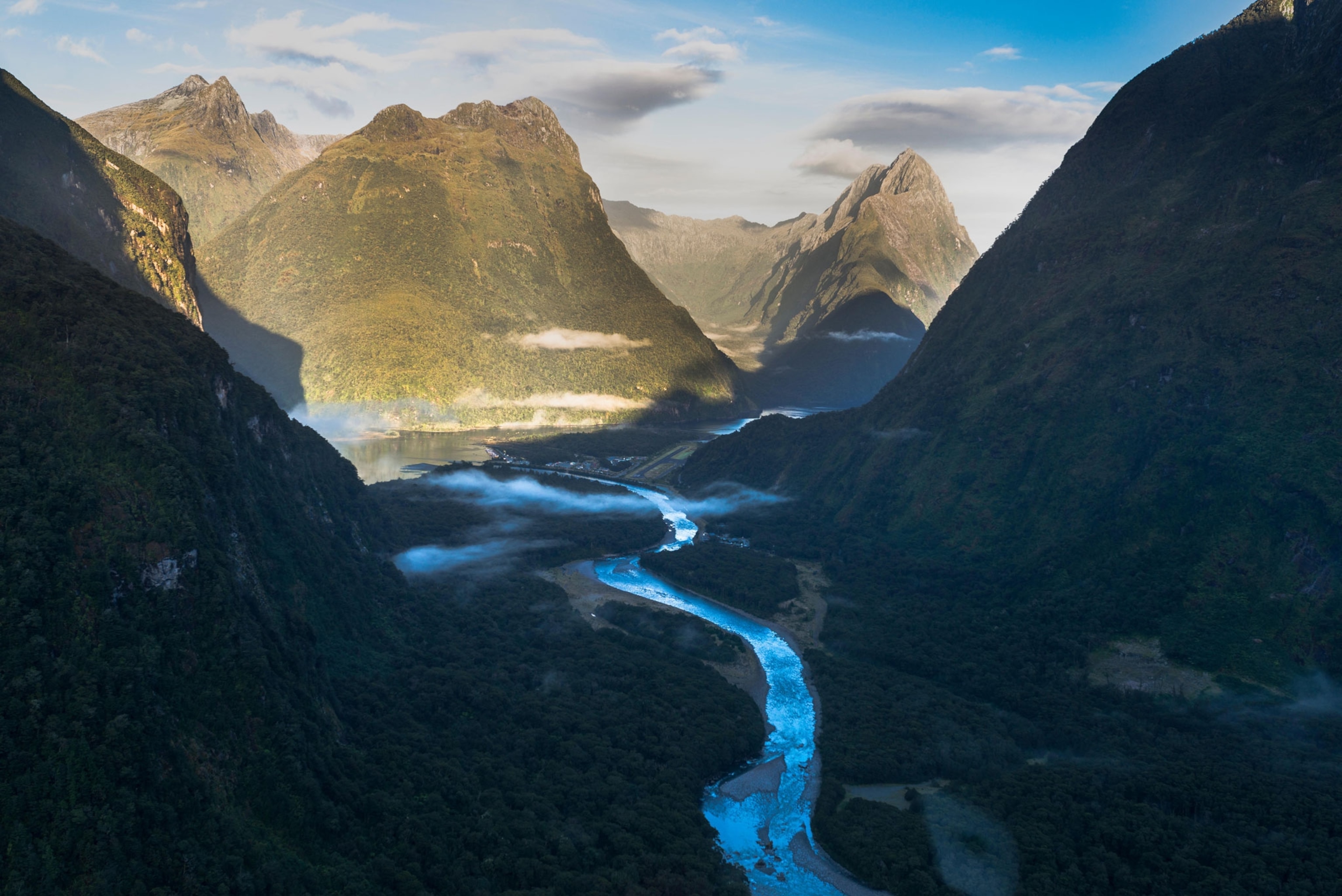
Chunk of an ancient supercontinent discovered under New Zealand
The hidden fragment, dating as old as 1.3 billion years, is helping scientists trace the history of the mysterious “lost continent” of Zealandia.
As the California heat blazed outside in the summer of 2018, Rose Turnbull sat in the cool confines of a windowless basement sorting through grains of fine sand. A geologist based in New Zealand, Turnbull was in a colleague’s lab at California State University, Northridge, trying to find tiny crystals of zircon, which she hoped would help unravel secrets of the mysterious eighth continent of Zealandia, also known by its Māori name Te Riu-a-Māui.
The task required a practiced hand and a bit of elbow grease—or rather, nose grease. Turnbull demonstrates over Zoom, raising the closed tweezers to the outside of her nose to pick up a bit of oil, which prevents the grains from zinging across the room when plucked.
The crystals hailed from rocks that were collected from the islands of New Zealand, which are among the few bits of Zealandia's nearly two million square miles that poke above the sea. Only recently recognized by scientists, Zealandia is the most submerged, thinnest, and youngest continent yet found. Turnbull, who works at the research and consulting group GNS Science in New Zealand, and her colleagues wanted to know more about the processes that shaped this unusual landmass.
What they found surprised them: Concealed beneath the eastern side of New Zealand's South and Stewart Islands lingers a chunk of a billion-year-old supercontinent. The discovery suggests Zealandia may not be as young as they once thought, which may bolster the case for its continental status.
"Continents are sort of like icebergs," says study author Keith Klepeis, a structural geologist at the University of Vermont. "What you see at the surface is not really the full extent of the beast."
The discovery, described in the journal Geology, may help solve a riddle that's long perplexed scientists. Most continents contain a core of rock known as a craton, a sort of geologic nucleus at least a billion years old that acts like a stable base upon which continents build. Until now, though, the oldest continental crust found on Zealandia was dated to roughly 500 million years ago—relatively youthful in geologic terms. So if Zealandia is a continent, why did its craton seem to be missing?
This newfound fragment of ancient rock may be part of the missing piece for Zealandia. The discovery "ticks the final box," Turnbull says. "We are sitting on a continent."
The work is also part of the larger puzzle of how Zealandia—or any continental crust—came to be, says study author Joshua Schwartz, a geologist specializing in granites at California State University, Northridge.
"That layer on top of the Earth that we call the crust, that thin layer is where all the action for life happens," he says. The continental crust is where we live, grow crops, draw water, mine minerals, and more. "Essentially, all of our life is built on crust."
Finding the lost continent
Scientists have been on Zealandia's trail for decades, but actually defining it as a continent has proven tricky. "The dirty secret of geology is that there's no real hard and fast definition of a continent," Schwartz says.
One major component is the composition of the rocks: The seafloor around New Zealand isn't made of the magnesium- and iron-packed rocks that compose most oceanic crust. Instead, the rocks are types rich in silica, such as granite, that are more commonly found in continental crust. The rocks span a huge area that’s also significantly thicker and elevated compared to the more typical oceanic crust surrounding it.
A team of scientists led by Nick Mortimer of New Zealand's GNS Science laid out these points and more when they made a convincing case for calling Zealandia a continent in 2017. However, Mortimer and his team did mention one oddity: The lack of any obvious craton.
"That's weird," Klepeis says. Continental crust is more buoyant than its oceanic counterparts, so it tends to resist the processes that recycle surface rocks back into the mantle. The stable cratonic nucleus of these rocks provides a foundation from which continents can grow over time, as the slow march of plate tectonics sends island arcs and other landmasses piling up along their edges.
For example, Schwartz says from his family vacation in New Mexico, "I'm just south of the Wyoming craton." This zone of rocks, some of which date back more than 3 billion years, is one of several cratons that make up North America's stable interior. The Santa Fe rocks beneath Schwartz's feet, however, joined the continent more recently, as a series of islands collided with the ancient coast.
Until now, it seemed that Zealandia’s oldest crust took shape starting roughly 500 million years ago, when the continent made up the edge of the supercontinent Gondwana. Zealandia holds hints of older rocks, including bits of the mantle as old as 2.7 billion years, but more ancient crust has been elusive.
The new study zeros in on 169 samples from New Zealand's South and Stewart Islands. Some Turnbull and her team had collected during multiple trips to the region, and others that came from the nation's rock catalog, so that the collection sites speckle the pair of southern islands in their entirety.
Back in the lab, they crushed the rocks and sorted the grains by density and magnetics until all that remained was fine sand of mostly zircon crystals. Turnbull then picked out thousands of zircons, transferring them to microscope slides, which were later smothered in epoxy and polished before chemical analysis could finally start.
"It's a full-on process," Turnbull says.
The story in the crystals
As the data rolled in, an unexpected story emerged. The researchers used a method in which they modeled the age of not just the zircons, but also the parent rock that melted to form them. The ages they recorded revealed that a swath of zircons along the eastern edge of the two southern islands hailed from subsurface rocks that dated as far back as 1.3 billion years ago.
At that time, all the world's landmasses were headed toward a slow-motion collision that would ultimately form the supercontinent named Rodinia. This global smashup and later split likely generated pockets of magma that would become the slab of very ancient rock that now lurks deep beneath New Zealand, the team suggests—a cratonic fragment upon which Zealandia later built.
The zircons also seem to bear marks from the eventual separation of infant Zealandia from its parent supercontinent.
That’s because the crystals have low amounts of an oxygen isotope called O-18. This chemical fingerprint is rare in zircons embedded in granite, as the team found. For these rocks to form, "a ton of different things have to come together," says Juliana Troch, a geochemist specializing in the generation of magmas at the Smithsonian's National Museum of Natural History in Washington, D.C.
This is a classic thing with science. The things that we discovered are things that we weren't necessarily setting out to discover.
Rose Turnbull, GNS Science, New Zealand
One key ingredient is heat, which helps to imprint signatures of O-18 from percolating water onto the surrounding rock. According to the team, a searing hot plume of mantle under Rodinia may have weakened parts of its crust, driving its breakup some 750 million years ago and leaving behind the O-18 imprints in the zircon's parent rock.
The crystals themselves—and the rocks that encase them—wouldn't form until 500 to 100 million years ago, when fiery outbursts of volcanism partially melted these chunks of hidden Rodinian crust. The blobs of magma rose upward slowly, crystallizing into granites studded with zircon. Tectonics shifts eventually brought these tiny time capsules to the surface, where Turnbull and her team serendipitously collected them.
"This is a classic thing with science," Turnbull says. "The things that we discovered are things that we weren't necessarily setting out to discover."
An infant continent
Intriguingly, while the discovery suggests Zealandia's crust is much older than once thought, it's still considerably younger than its continental cousins. All major continents today—Africa, Europe, Asia, Australia, North America, South America, and Antarctica—host rocks more than 3 billion years old. There's currently no hard age cutoff that defines continents and cratons, but their commonly lengthy histories speak to the expected staying power of these landforms, Schwartz explains.
Perhaps Zealandia is just a young continent. "You’re seeing the process of continent creation around the central [Rodinian] fragment," he says. Turnbull agrees, adding, "It's like the birth of a craton."
More work is necessary, however, to bring the picture of Zealandia's origins into focus. The study's conclusions come from traces of what lies below and not pieces of Rodinia in hand, so there's still some uncertainty in the precise steps that led to the curious chemistries the team found, says Alex McCoy-West, a geochemist at Australia's James Cook University.
"It would be awesome if we did actually find that true evidence," he says.
Still, the work promises to help scientists better understand the dance of Earth’s continents as they’ve waltzed across the planet, periodically combining into supercontinents and then tearing back apart.
"This study highlights that you can still get pieces of that very ancient story from rocks that are much, much younger," says Jack Mulder, a geologist at the University of Queensland, who was not part of the study team.
And there's plenty more to find within Zealandia's bounds, Turnbull adds. "It just makes you keen to keep getting out there and exploring."


